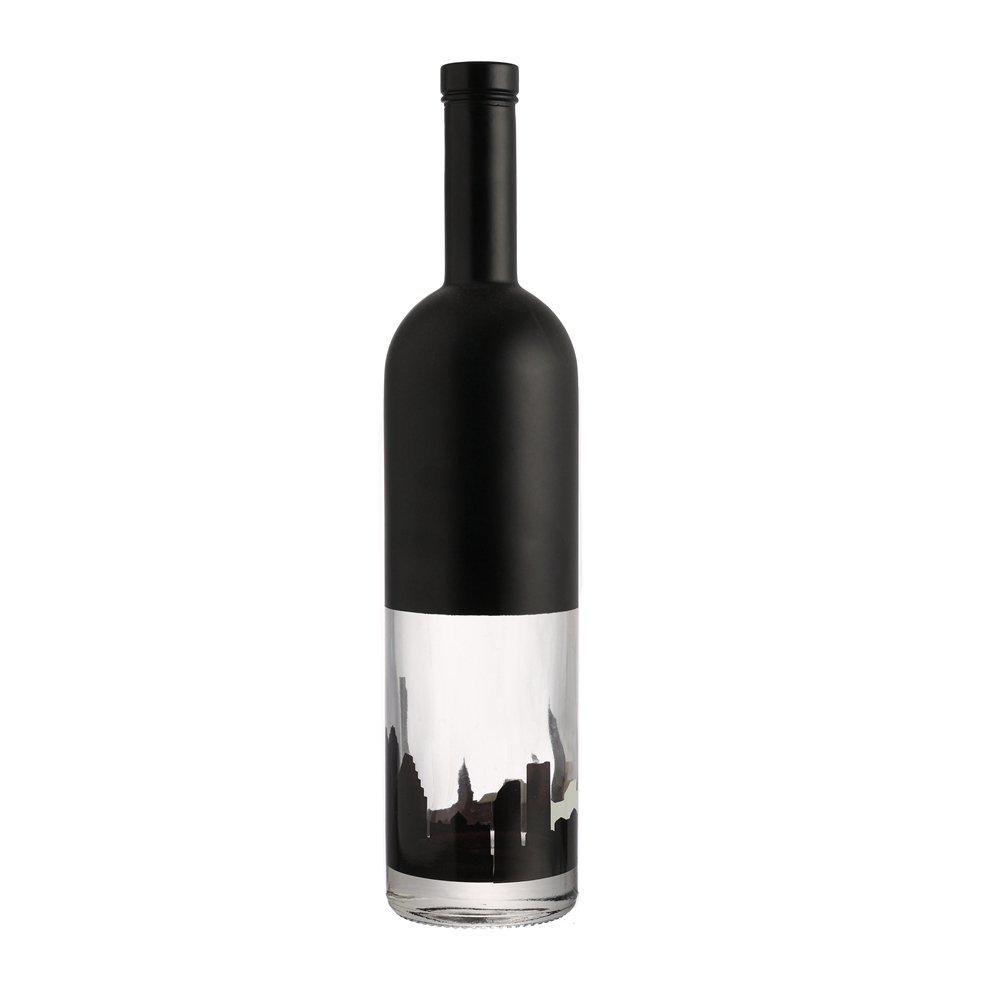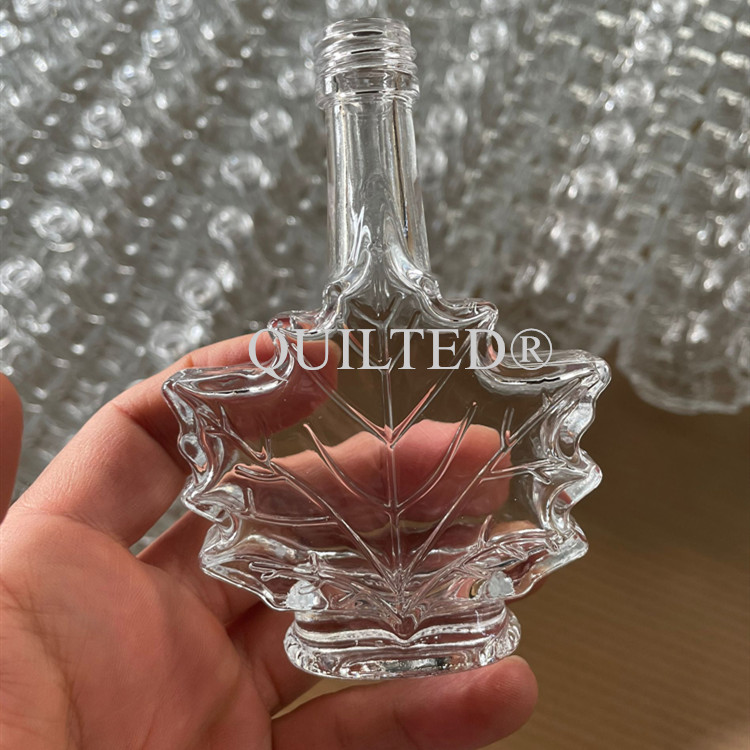The choice of glass bottles significantly impacts the quality and taste of liquor. Variations in the chemical composition of different glass bottles can lead to the leaching of certain components into the alcohol, potentially altering its flavor and overall quality. Understanding these influences is crucial for producers and consumers alike.
Chemical Composition and Interaction
Different types of glass exhibit varying chemical properties. Commonly used bottles in the liquor industry are typically transparent or translucent, with translucent opalescent glass gaining popularity. This type of glass includes additives like fluoride phosphate, which create micro-grains that scatter light, enhancing the bottle’s aesthetic appeal.
However, when liquor is stored in these bottles, chemical interactions can occur. Research indicates that free water in wine can react with components in the glass. For instance, trace amounts of potassium (K+) may enhance the taste of aged spirits, while sodium (Na+) can negatively affect the wine’s aroma and clarity. Furthermore, the presence of aluminum (Al3+) can lead to a deterioration in quality, causing the liquor to become lighter and more astringent.
Choosing the Right Glass Bottles
To mitigate these effects, it is crucial to select glass bottles carefully. Avoiding bottles that contain harmful heavy metals is essential to protect consumer health. Opting for bottles with a high silica (SiO2) content and low sodium oxide (Na2O) content can also help maintain the integrity of the liquor.
Pre-treating the bottles with water before filling them can effectively reduce the influence of the bottle’s composition on the liquor’s quality. This practice can minimize the risk of undesirable elements dissolving into the alcohol.
Conclusion
In summary, the type of glass bottle used for liquor can significantly influence the drink’s quality and flavor profile. By understanding the chemical interactions and carefully selecting suitable glass packaging, liquor producers can ensure that their products remain pure and appealing to consumers. This attention to detail not only enhances the overall drinking experience but also safeguards the health of the consumer.
Post time: Sep-29-2024

